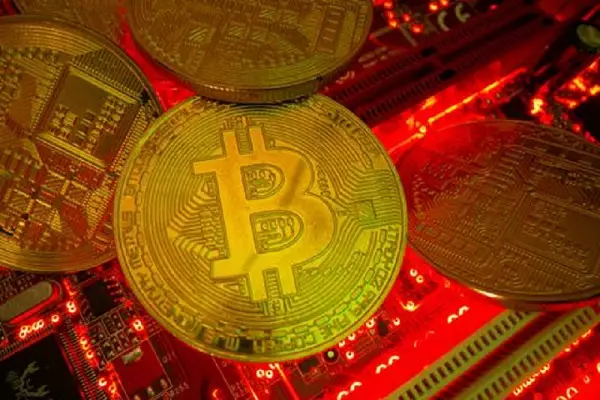The cryptocurrency landscape is currently experiencing an overwhelming surge in the number of new tokens being introduced, with reports suggesting that approximately one million new tokens are launched each week. This prolific output presents a twofold challenge for stakeholders in the cryptocurrency industry. On one hand, it demonstrates the innovative spirit and potential of decentralized finance; on the other, it muddies the waters, complicating the process of discerning valuable projects from mere speculation. Brian Armstrong, the CEO of Coinbase, highlights this dilemma, advocating for a shift in how we approach new token evaluations. His proposition of moving from an “allow list” to a “block list” reflects a recognition of the practical limitations faced in an endlessly expanding market. By leveraging customer reviews and automated data analysis, Armstrong’s vision could enhance user experiences and improve the ability to navigate this increasingly complex ecosystem.
Counterbalancing Armstrong’s optimistic approach is Peter Schiff, a stalwart critic of cryptocurrency and an ardent advocate of gold. Schiff’s observations serve as a sobering commentary on the inflationary pressures permeating the market due to this rapid influx of new tokens. He raises a crucial point regarding the fundamental claim of digital assets: their limited supply. According to Schiff, with tokens being generated at such an unprecedented rate, the concept of scarcity—so essential to Bitcoin’s value—becomes dubious. His comments push for a reconsideration of the economic principles that underlie the value of crypto assets, as the concern over inflation seems increasingly valid.
In addition to critiquing supply concerns, Schiff also targets the Bitcoin mining process, specifically the proof-of-work mechanism that underpins it. He argues that the energy-intensive model lacks intrinsic value creation, comparing it to spending resources merely to dig a hole that is later filled back in. From this perspective, Bitcoin mining appears less like an innovative method of securing digital transactions and more like an extravagant waste of resources. While proponents of Bitcoin might view this energy consumption as essential and beneficial, Schiff paints it as an inefficiency that fails to yield tangible or usable outcomes. The essence of his argument is that while Bitcoin requires tremendous energy input, it does not transform that energy into storage or practical utility akin to other forms of energy.
As the debate intensifies between crypto enthusiasts and skeptics, it is essential to find a middle ground. The cryptocurrency industry’s future may well depend on striking a balance between fostering innovation and ensuring that the systems in place can manage the influx of new tokens effectively. By incorporating user feedback and robust data-driven analysis, the sector can safeguard against the pitfalls of overinflation and maintain the integrity of valuable projects. Simultaneously, engaging with critiques like Schiff’s could catalyze necessary reforms, particularly concerning energy consumption practices in mining. As the digital currency ecosystem continues to evolve, proactive dialogue between its advocates and critics remains crucial for its sustainable development and acceptance.


Leave a Reply